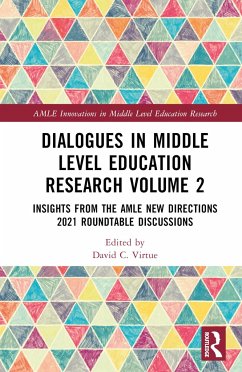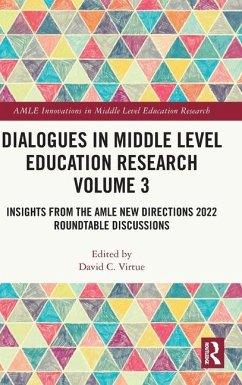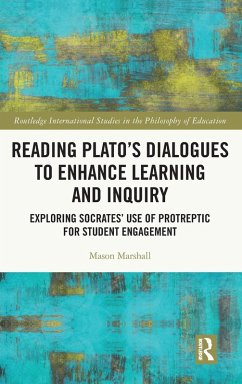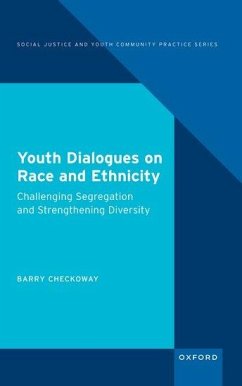
Educational Dialogues
Understanding and Promoting Productive interaction
Herausgeber: Littleton, Karen; Howe, Christine
Versandkostenfrei!
Versandfertig in 1-2 Wochen
205,99 €
inkl. MwSt.
Weitere Ausgaben:

PAYBACK Punkte
103 °P sammeln!
Educational Dialogues provides a clear, accessible and well-illustrated case for the importance of dialogue and its significance for learning and teaching. The contributors characterise the nature of productive dialogues, to specify the conditions and pedagogic contexts within which such dialogues can most effectively be resourced and promoted. Drawing upon a broad range of theoretical perspectives, this collection examines: theoretical frameworks for understanding teaching and learning dialogues teacher-student and student-student interaction in the curricular contexts of mathematics, literac...
Educational Dialogues provides a clear, accessible and well-illustrated case for the importance of dialogue and its significance for learning and teaching. The contributors characterise the nature of productive dialogues, to specify the conditions and pedagogic contexts within which such dialogues can most effectively be resourced and promoted. Drawing upon a broad range of theoretical perspectives, this collection examines: theoretical frameworks for understanding teaching and learning dialogues teacher-student and student-student interaction in the curricular contexts of mathematics, literacy, science, ICT and philosophy the social contexts supporting productive dialogues implications for pedagogic design and classroom practice. Bringing together contributions from a wide range of internationally renowned researchers, this book will form essential reading for all those concerned with the use of dialogue in educational contexts.














